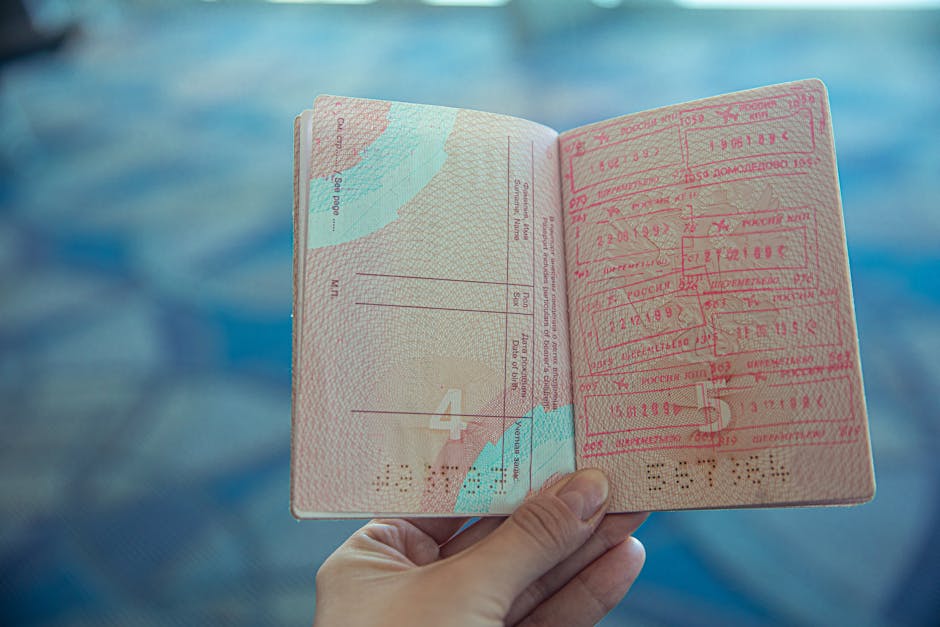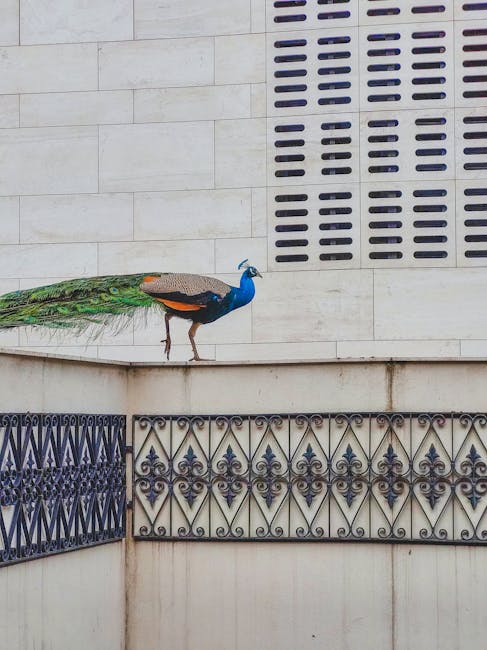Visa Process for Indian Chefs
Understanding the Middle East Visa Requirements for Indian Chefs
Firstly, the specific visa requirements for Indian chefs vary by country but share common elements. Generally, you will need a valid job offer from a sponsoring employer in the Middle East. This employer typically initiates the visa application process. Essential documents include your passport, educational certificates, professional experience letters, and a clean criminal record report. Moreover, these documents must often be attested by various authorities. For instance, the UAE requires attestation from the Indian Ministry of External Affairs and the UAE Embassy. Similarly, Saudi Arabia has its own rigorous attestation process. Therefore, ensuring your paperwork is complete and properly verified is paramount to avoid delays or rejections.
Key Steps in the Chef Visa Application Process
The application process for a Middle East chef visa involves several critical stages. Initially, your prospective employer must obtain approval from the local Ministry of Labour. Subsequently, they apply for your work permit and entry visa. Once you receive the entry visa, you can travel to the host country. After arrival, you must undergo a medical examination and provide biometric data. Finally, your residence visa and work permit are issued, allowing you to legally work. Importantly, each step has specific timelines and requirements. For example, medical tests typically screen for infectious diseases. Hence, maintaining a healthy lifestyle before your application is advisable.
Document Attestation for Indian Chefs
Document attestation is a non-negotiable part of the visa process for Indian chefs. This process verifies the authenticity of your educational and professional certificates. Typically, it involves:
- Notarization from a local notary in India.
- Attestation by the State Home Department.
- Verification by the Ministry of External Affairs (MEA), Government of India.
- Final attestation by the Embassy or Consulate of the destination country.
Furthermore, some countries may require additional attestation from their own Ministry of Foreign Affairs upon arrival. Consequently, starting this process early is essential to prevent delays.
Country-Specific Visa Guidelines for Indian Culinary Staff
Each Middle Eastern country has unique regulations for hiring foreign chefs. For instance:
- UAE: Requires a attested culinary degree and experience certificates. Additionally, chefs may need to pass a trade test.
- Saudi Arabia: Mandates a medical test at approved centers and often requires a biometric fingerprinting.
- Qatar: Has a rapid visa process but requires a no-objection certificate (NOC) from previous employers.
- Kuwait: Necessitates age restrictions compliance and professional qualification verification.
Therefore, researching the specific requirements of your target country is crucial. The UAE Ministry of Foreign Affairs website provides detailed guidelines for prospective workers.
Medical and Fitness Requirements for Chef Visas
All Middle Eastern countries require medical tests as part of the visa process for Indian chefs. These tests typically check for infectious diseases such as tuberculosis, HIV, hepatitis, and syphilis. Importantly, testing must occur at government-approved medical centers. For example, the UAE uses authorized facilities across India. If you test positive for any communicable disease, your visa application will be rejected. Additionally, some countries may require a COVID-19 vaccination certificate. Thus, undergoing a pre-departure health check-up in India is highly recommended to address any issues beforehand.
Role of the Employer in the Visa Process
Your employer plays a pivotal role in facilitating the visa process for Indian chefs. Specifically, they are responsible for obtaining the initial work permit and entry visa from their country’s immigration authorities. Moreover, they often cover the costs associated with visa fees, medical tests, and insurance. However, some employers may deduct these expenses from your salary later. Therefore, clarifying financial responsibilities in your employment contract is essential. Additionally, the employer must provide accommodation and comply with local labour laws. For insights on fair employment practices, refer to resources from the Allianz HR Resources.
Common Challenges and Solutions in the Visa Journey
Many Indian chefs face obstacles during the visa process for the Middle East. Common issues include document rejection due to improper attestation, medical test failures, and delayed processing times. To mitigate these challenges:
- Double-check all document requirements with your employer.
- Use reliable attestation services in India.
- Maintain a healthy diet and lifestyle before medical tests.
- Apply during non-peak seasons to avoid delays.
Furthermore, staying updated on changing immigration policies is vital. For example, Saudi Arabia’s recent labor reforms have streamlined some processes. The Saudi Ministry of Labour portal offers current information.
Legal Rights and Protections for Indian Chefs in the Middle East
Understanding your legal rights is crucial when navigating the visa process for Indian chefs. Most Middle Eastern countries have implemented reforms to protect foreign workers. For instance, the UAE’s labor law mandates standard working hours, overtime pay, and annual leave. Similarly, Saudi Arabia’s kafala system reforms allow job mobility without employer consent under certain conditions. However, violations still occur. Therefore, always sign a detailed employment contract and keep copies of all documents. If you encounter issues, contact your embassy or legal aid organizations. The Indian Embassy in your host country can provide assistance.
Pre-Departure Checklist for Indian Chefs
Before traveling, ensure you have completed all steps of the visa process for Indian chefs. Use this checklist:
- Signed employment contract with clear terms.
- Attested educational and experience certificates.
- Valid passport with entry visa.
- Medical test results and vaccination certificates.
- Flight tickets and accommodation details.
- Emergency contact information for employer and embassy.
Additionally, familiarize yourself with the culture and laws of your destination country. For personalized guidance, consider scheduling a consultation with experts via Allianz HR Appointment.
FAQ: Visa Process for Indian Chefs
What is the typical duration of the visa process for Indian chefs in the Middle East?
The entire process usually takes 2-3 months, depending on the country and document verification speed.
Can family members accompany me on a chef visa?
Yes, most countries allow family sponsorship once you meet minimum salary requirements and obtain your residence visa.
Do I need to speak Arabic to work as a chef in the Middle East?
No, English is widely used in kitchen environments. However, learning basic Arabic can be beneficial for daily life.
What are the salary expectations for Indian chefs in the Middle East?
Salaries vary by experience and establishment but typically range from $1,200 to $3,500 per month, plus benefits.
How long is a chef visa valid in the Middle East?
Work visas are generally valid for 1-2 years and are renewable upon contract renewal.
Conclusion: Navigating Your Culinary Career Abroad
In conclusion, mastering the visa process for Indian chefs is essential for a successful career in the Middle East. By understanding the requirements, preparing documents meticulously, and leveraging employer support, you can avoid common pitfalls. Furthermore, staying informed about legal rights and country-specific regulations ensures a smooth transition. Ultimately, this journey opens doors to incredible opportunities for professional growth and cultural exchange. Finally, if you need personalized assistance or have specific questions, don’t hesitate to contact our HR experts for guidance tailored to your situation. Take the first step today toward your dream culinary career abroad!




